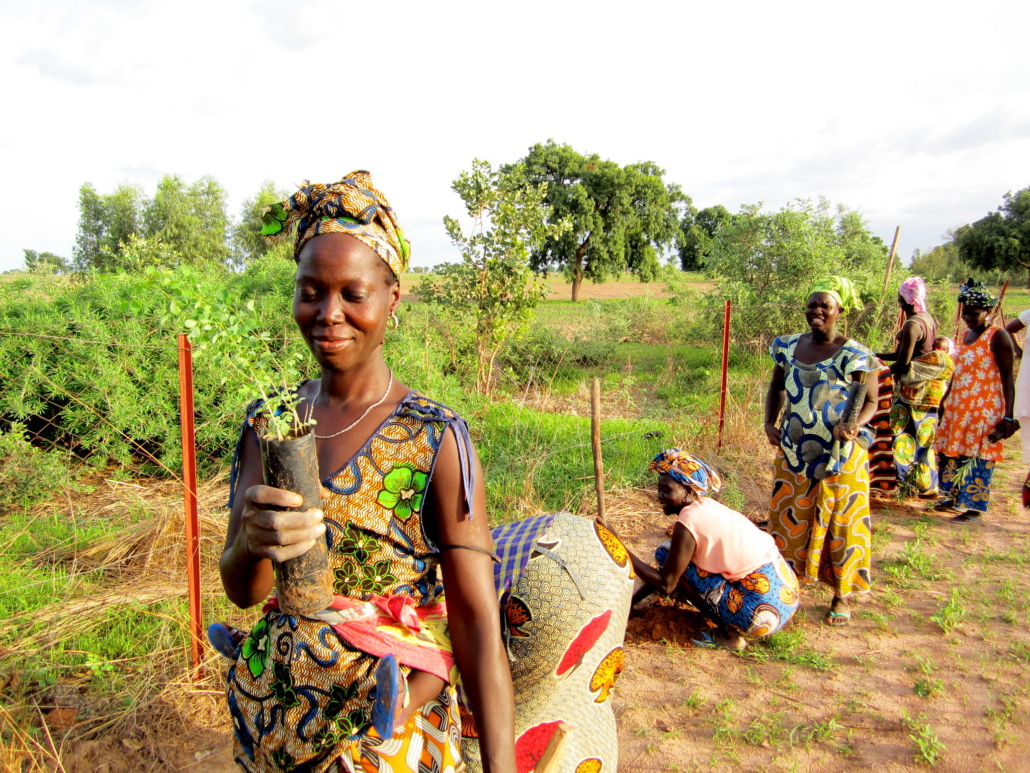The Emerging Senegal Plan to Develop Agriculture

The Emerging Senegal Plan is Senegal’s policy for long-term development. One of the primary goals of this development plan is to alleviate poverty by prioritizing growth in Senegal’s agriculture. In particular, the Emerging Senegal Plan encourages private sectors to invest in agriculture, so that modern and eco-friendly technology can be used for a healthier, more productive agricultural system. This, alongside other recent efforts to improve the quality of agriculture in Senegal, could significantly improve the state of impoverished communities in the country.
What is the Emerging Senegal Plan?
The Government of Senegal’s Emerging Senegal Plan, also known by its French acronym PSE, serves as a strategy to substantially transform the economy of the country. By 2035, Senegal aims to achieve emerging market status, which refers to a low-income, high-growth economy. This development is the next step towards making Senegal a significantly more developed nation. To help reach emerging market status, Senegal’s government emphasizes the expansion of private investment as a way to grow the nation’s economy. This emphasis, in tandem with a prioritization of agricultural development, puts Senegal in a strong position to strengthen the country economically and, therefore, help lift portions of the population out of poverty.
PSE and Agricultural Development
An emphasis on private sectors and agriculture has been especially successful for Senegal in recent years. After the COVID-19 pandemic slowed down Senegal’s economic growth, the country injected the economy with a $1.7 billion stimulus package. Of the sectors targeted, the private and agricultural sectors had been especially impactful on the growth of Senegal’s economy following the stimulus package. Senegal’s real GDP grew by 4.4%, indicating that the strategy was a success.
The PSE aims to continue the successes found through the private and agricultural sectors. The next step in this goal is to encourage the private sector to invest in smart agriculture, which refers to the implementation of modern technology into the farming process. Smart farming improves the quality and efficiency of the agricultural process and is also more eco-friendly. This new investment would allow Senegal to be more self-sustainable due to its ability to rely on local production rather than spend significant funds on imported goods.
PSE’s Effect on Poverty
A greater quality and quantity of goods will also directly improve the well-being of Senegal’s population. This is especially the case for communities in Senegal that suffer from extreme poverty. Food insecurity affects roughly 10% of the global population, and as a result, an improvement in food security in Senegal will directly lead to benefits in fighting poverty in the country.
In addition, the newfound economic growth that Senegal sees from this emphasis on agricultural investment will lift even more of the population out of poverty, as farmers receive more sustainable income. The Emerging Senegal Plan has immense potential to fight against the impoverished communities of Senegal on a large scale. With smart agriculture and private sector investments as the new priorities under the Emerging Senegal Plan, this potential is already being realized.
– Liam Kahan
Photo: Flickr
